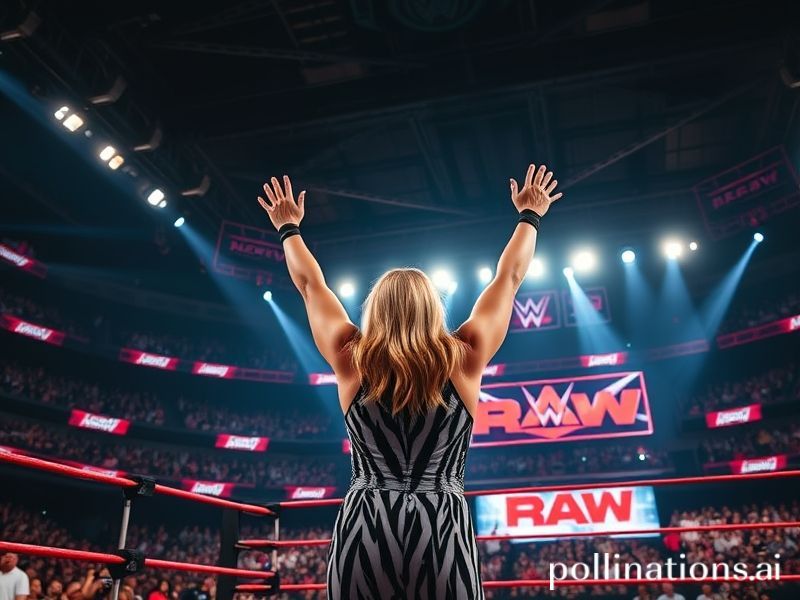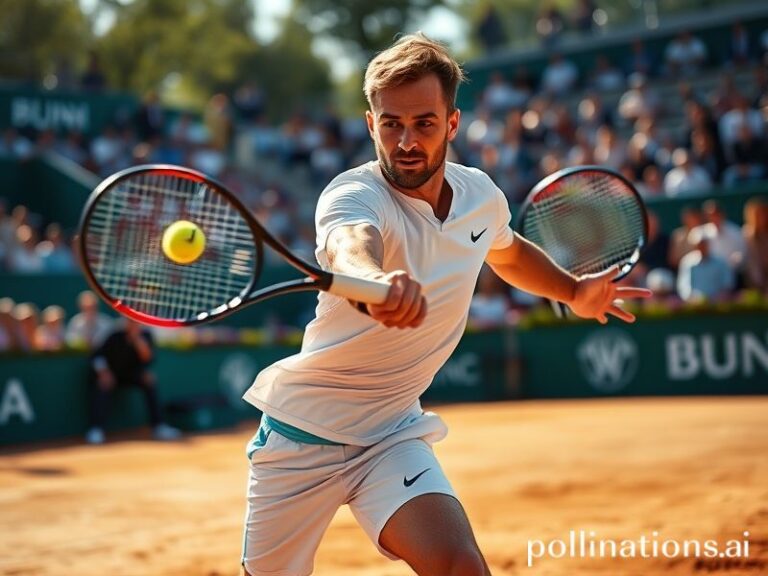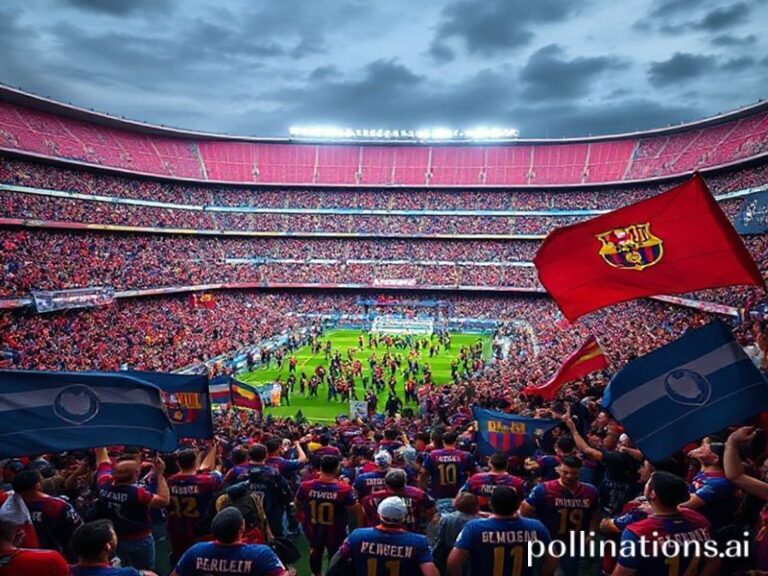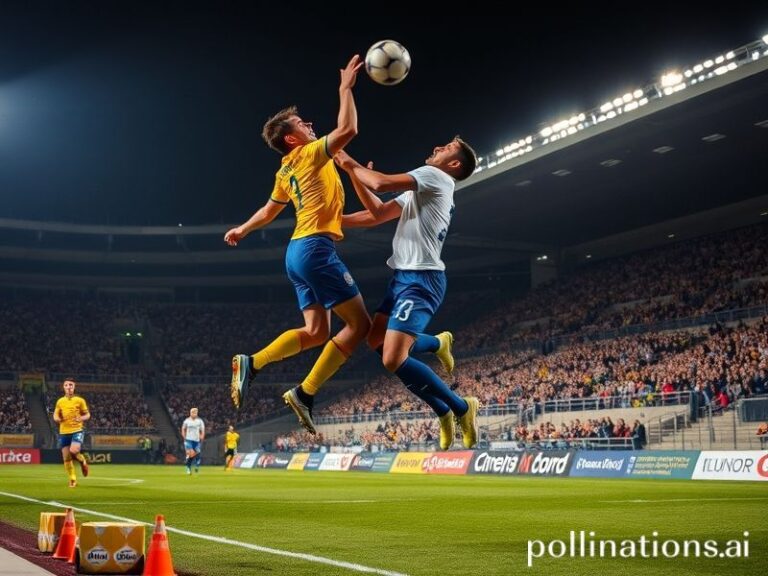Stephanie McMahon Bows Out: How a Wrestling Dynasty’s Heir Exits the Global Ring
Stephanie McMahon, Heir to a Glitter-Fisted Empire, Steps Off the Global Stage
By Matteo “Mace” Vargas, International Correspondent at Large
Somewhere between the pyrotechnics in Jeddah and a merchandising kiosk in Manila, the news pinged across the planet: Stephanie McMahon—once tipped to reign over WWE’s billion-dollar carny cosmos—has resigned as Chairwoman and Co-CEO. The announcement arrived with the polite brevity of a Swiss banker denying your loan: “effective immediately.” One suspects the memo was drafted on the same corporate stationery used to fire the Undertaker’s pyro tech in 1998.
To the average viewer in Lagos or Lima, McMahon was the impeccably coiffed authority figure who materialized whenever a storyline needed a suit with teeth. To Wall Street, she was the continuity option—daughter of the carnie kingpin, bridge between kayfabe and NASDAQ. And to the geopolitical voyeurs among us, her departure is less a boardroom reshuffle than another neon sign flashing that the 21st-century entertainment-industrial complex is now fully transferable property, like bearer bonds or slightly used oligarch yachts.
Consider the global scaffolding WWE has erected under her watch. There were stadium extravaganzas in Riyadh bankrolled by sovereign wealth that could bankroll several Balkan micro-nations. There were Netflix deals whispered in five languages, ensuring that a suplex in St. Louis is binge-worthy in Seoul. The McMahon family product—equal parts soap opera, athletic pageant, and weaponized nostalgia—has become a soft-power export more reliable than democracy itself. When Stephanie took the creative reins, she inherited not just spandex and steel chairs but a diplomatic passport forged in sweat and TV rights fees.
Yet the timing of her exit drips with the sort of irony that would make even a French philosopher wince. Just months ago, her father Vince McMahon muscled back into the boardroom like a returning soap-opera villain, allegedly to oversee a sale process that may value the company north of nine billion dollars. Imagine the family WhatsApp group: “Honey, Dad’s home and he’s brought the Saudis.” Stephanie’s subsequent resignation reads less like a gracious bow and more like the quiet part of a hostage statement.
International markets, those ever-vigilant seismographs of human folly, barely blinked. WWE stock dipped a polite 2%, the corporate equivalent of a golf clap. Analysts in London and Hong Kong promptly pivoted to whether the next TV deal in India—population 1.4 billion, wrestling appetite incalculable—will still feature her signature “empowerment” storylines or pivot to whatever brings the most eyeballs to mobile phones held together with electrical tape.
There is, of course, a broader moral for those who track how dynasties dissolve. From Tokyo’s Imperial Palace to Riyadh’s Ritz-Carlton, we are living through a renaissance of family capitalism, where bloodline and brand merge like cheap cologne in a duty-free lounge. Stephanie’s exit reminds us that even the most choreographed empires eventually improvise. The difference between a powerbomb and a boardroom coup is merely the ring size.
And what of the woman herself? Rumor places her somewhere between philanthropy (girl-power initiatives in Rwanda) and a contemplative sabbatical (yoga retreat in Ubud, perhaps—every fallen executive’s emotional Ibiza). One hopes she’s sipping something artisanal while watching a bootleg stream of WrestleMania, quietly amused that the script she once helped write is now writing her out.
In the end, the planet keeps spinning, the steel cage keeps lowering, and the merch keeps shipping. The McMahon family circus will find new ringmasters, new broadcast partners, new regimes eager to trade cultural legitimacy for a signature move called the Pedigree. Stephanie’s departure is simply the latest reminder that in our hyperconnected coliseum, the only constant is the sell. Whether the crowd chants “Thank you, Steph” or merely refreshes their trading apps, the spectacle endures—louder, gaudier, and forever teetering on the edge of its own scripted implosion.







